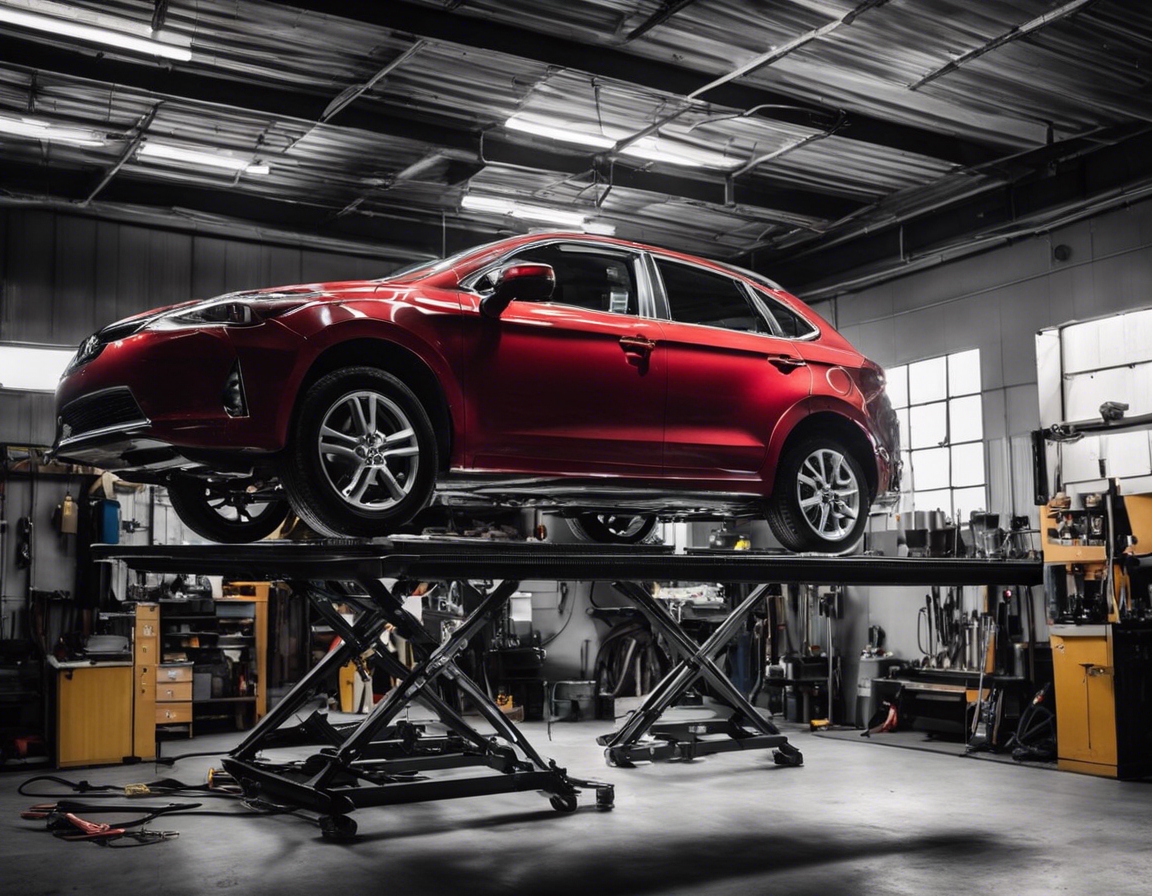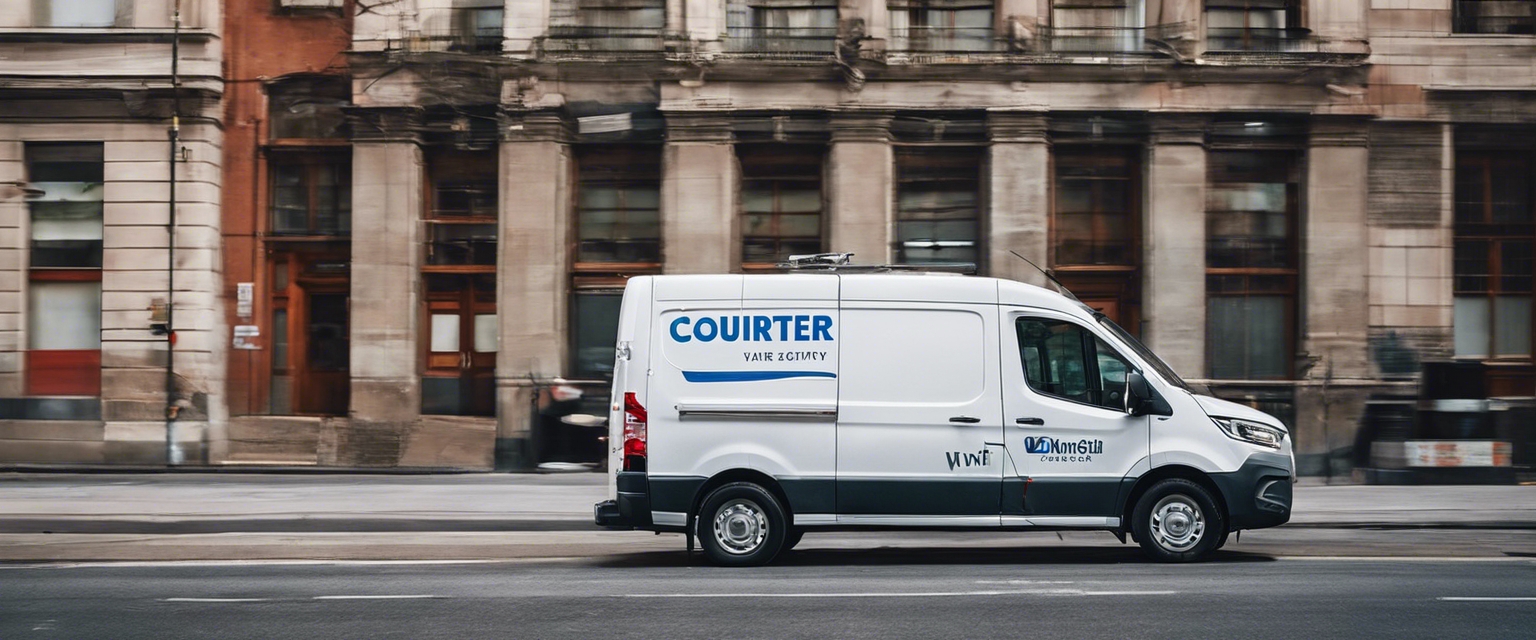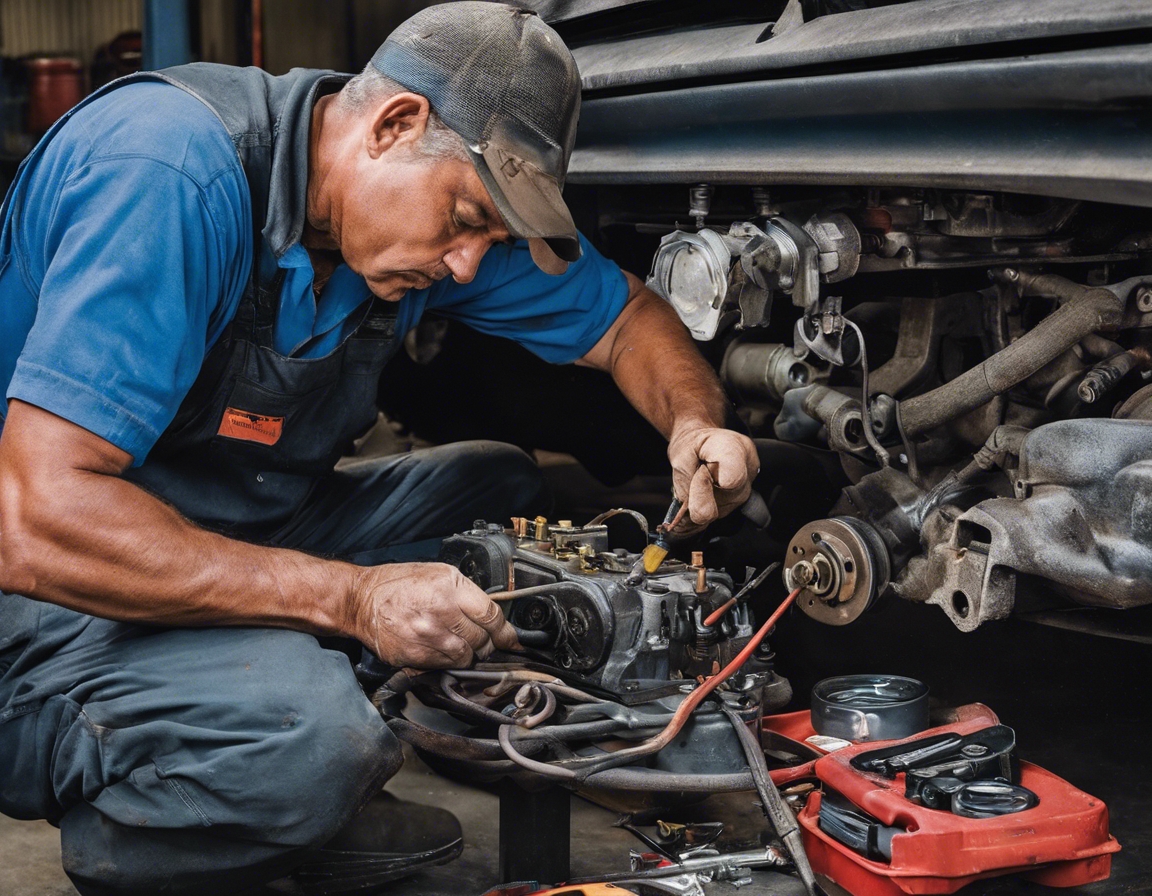The ultimate guide to maintaining your trailer
Maintaining your trailer is crucial for ensuring safety on the road, prolonging its lifespan, and avoiding costly repairs. This comprehensive guide will walk you through the essential steps and best practices for keeping your trailer in top condition.
Understanding Your Trailer's Components
Tires are the foundation of your trailer's roadworthiness. Regularly check for proper inflation, wear, and damage. Wheels should be inspected for cracks and rust, and lug nuts must be properly torqued to manufacturer specifications.
Brake systems require periodic adjustments and replacements of pads or linings. Bearings should be cleaned, inspected, and repacked with grease annually or every 12,000 miles.
Ensure all lights are functioning correctly and that electrical connections are clean and secure to avoid malfunctions on the road.
Inspect the frame for signs of stress, cracks, or rust. Regularly check and seal any open joints or seams to prevent water damage.
The hitch, safety chains, and other coupling devices should be inspected for wear and damage before each trip. Ensure the hitch is compatible with your vehicle and the trailer's weight.
Regular Maintenance Tasks
Create a routine inspection checklist that includes checking tires, lights, brakes, bearings, and coupling devices. Perform these checks before each trip and after significant hauls.
Clean your trailer regularly to prevent rust and corrosion. Lubricate moving parts such as the hitch, door hinges, and wheel bearings to ensure smooth operation.
Rotate tires according to the manufacturer's recommendations and replace them if they show signs of significant wear or are older than five years.
Check the brake system regularly for wear and ensure that the brake fluid is at the correct level. Replace brake components as needed.
Service wheel bearings according to the manufacturer's schedule, usually once a year. This involves cleaning, inspecting, and repacking them with fresh grease.
Seasonal Maintenance Tips
Before winter, check the antifreeze levels in any liquid cooling systems, inspect tires for adequate tread, and apply lubricants that are suitable for low temperatures.
In summer, ensure your trailer is protected from UV damage by using covers and UV-protectant sprays on tires and other susceptible parts.
Handling Common Trailer Issues
If you encounter electrical issues, check the wiring and connections for corrosion or damage. Test the battery and replace it if necessary.
Address any structural issues immediately to prevent further damage. Small cracks can be welded or reinforced, but significant damage may require professional repair.
Implement preventative measures such as using wheel chocks, securing loads properly, and avoiding overloading to reduce the risk of damage and accidents.
Professional Maintenance and Services
If you're unsure about any aspect of trailer maintenance or encounter a problem beyond your expertise, it's essential to seek professional help. Regular professional inspections can also help identify issues before they become serious.
Select a reputable service provider with experience in trailer maintenance. Look for certifications, reviews, and ask for recommendations to ensure quality service.







Comments (0)